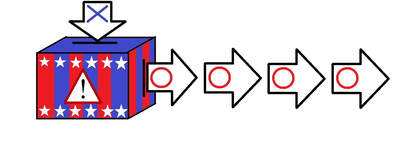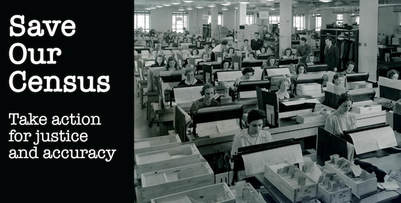In the second half of the program, Annie and Steve welcome Harvey Wasserman, a long-time writer and radio host, for a take on "The Integrity of the Presidential Election."
"Corporations and Democracy" airs from 3:00 – 4:00 p.m. [Pacific Time] on Mendocino and Ukiah public radio stations KZYX & Z, 90.7, 91.5, and 88.3 FM, or you can listen live at the station website, www.kzyx.org.



 RSS Feed
RSS Feed
